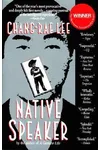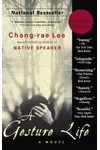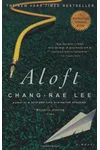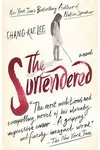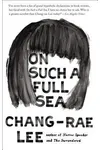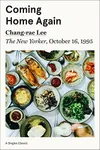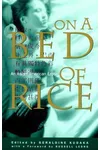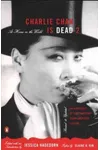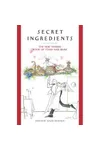Picture a Korean-American storyteller who turned the immigrant experience into a literary masterpiece—meet Chang-rae Lee! Born in Seoul and raised in the U.S., Lee’s novels weave tales of identity, belonging, and the human spirit with a poetic touch. His debut, Native Speaker, didn’t just win awards—it redefined what it means to be American.
With a knack for crafting characters who feel both deeply personal and universally relatable, Lee has become a beacon in contemporary literature. His stories don’t shy away from tough topics like alienation or cultural clashes, yet they’re told with such grace you can’t help but keep reading. Ready to dive into his world?
The Making of Chang-rae Lee
Chang-rae Lee was born on July 29, 1965, in Seoul, South Korea, and moved to the United States at age three when his father, a budding psychiatrist, relocated the family to New York. Growing up in Westchester County, Lee lived a quintessential suburban life, attending the prestigious Phillips Exeter Academy before earning a B.A. in English from Yale in 1987. A brief stint as a Wall Street analyst left him uninspired, so he chased his true passion—writing—at the University of Oregon, where he earned an MFA.
It was there, amid personal challenges like the loss of his mother, that Lee honed his craft. His master’s thesis became his groundbreaking debut, Native Speaker, published in 1995. That novel, blending espionage with soul-searching, launched him into the literary spotlight and set the stage for a career that’s both introspective and bold.
Chang-rae Lee’s Unforgettable Stories
Lee’s novels are like windows into the soul of the immigrant experience, blending lyrical prose with raw emotional depth. Native Speaker follows Henry Park, a Korean-American spy grappling with alienation and identity in a divided New York. Its sharp take on assimilation earned it the PEN/Hemingway Award and a place in literary history.
In A Gesture Life (1999), Lee explores memory and guilt through Doc Hata, a Japanese-Korean immigrant reflecting on his role in World War II’s dark history. The novel’s quiet intensity won the Asian American Literary Award. The Surrendered (2010), a Pulitzer Prize finalist, tackles love and loss during the Korean War, showcasing Lee’s ability to weave epic narratives with intimate moments. His 2014 dystopian novel, On Such a Full Sea, imagines a future America through the eyes of a Chinese-American fish-tank diver, earning praise for its bold narrative voice.
Lee’s latest, My Year Abroad (2021), takes a playful turn, following a college dropout’s wild adventure in Asia. Known for experimenting with perspective—sometimes even using a collective “we” narrator—Lee’s style is both cerebral and accessible, inviting readers to question what it means to belong.
Why Chang-rae Lee Matters
Chang-rae Lee’s work resonates because it speaks to the heart of the American experience—not just for immigrants but for anyone who’s ever felt caught between worlds. His novels challenge stereotypes, giving voice to the complexities of Asian-American identity while exploring universal themes like love, loss, and redemption. Awards like the Dayton Literary Peace Prize and his role as a Stanford professor cement his influence, but it’s his ability to make readers feel seen that truly sets him apart.
Lee’s stories have inspired a generation of writers to tackle identity with nuance, and his fearless shift from realism to dystopia shows a writer unafraid to evolve. In a world of division, his work builds bridges, reminding us that storytelling can heal and unite.
About Chang-rae Lee
- Born: July 29, 1965, in Seoul, South Korea
- Key Works: Native Speaker, A Gesture Life, The Surrendered, On Such a Full Sea, My Year Abroad
- Awards: PEN/Hemingway Award, Dayton Literary Peace Prize, Asian American Literary Award
- Current Role: Professor of Creative Writing at Stanford University
Snag Native Speaker or My Year Abroad and dive into Chang-rae Lee’s soul-stirring world of identity and adventure!
